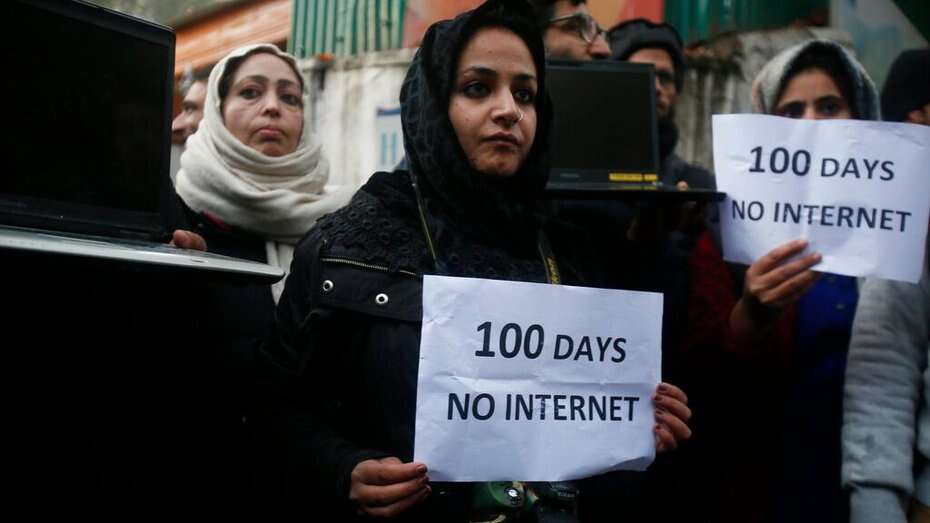Marked disapproval can be interpreted as a direction, but action would depend on those doing the interpreting. In response to the petitions against the internet suspension in Jammu and Kashmir from August 5, 2019, the Supreme Court made clear that the fundamental right to speech and expression and the right to carry on business or trade using the internet are constitutionally protected. So shutdowns cannot be arbitrary. The court directed the government to review the orders for internet suspension in Jammu and Kashmir within a week. These orders would have to show how the shutdown was justified in relation to a threat to law and order or security. The court stated with equal clarity that Section 144 of the Code of Criminal Procedure, under which the internet was shut down in Kashmir, can only be imposed in situations of emergency with orders that must articulate the nature and scale of the perceived threat. It is illegal to impose Section 144 to prevent democratic protest or the expression of varying opinions, which are upheld by the Constitution.
The ruling has a far wider impact than just on the present situation in Jammu and Kashmir although, it has to be stressed, the internet shutdown — and therefore the violation of rights — there exceeds any known in the world so far. India is among the top few countries which shut off internet at the drop of a hat, so the court’s insistence on the transparency of the order — opening up the way to judicial challenge — and of review is not only expected to have a positive outcome for Kashmir but also compel accountability of the administration in other cases as well. The misuse of Section 144 long needed correction, and its application, besides in Jammu and Kashmir, in a whole range of Bharatiya Janata Party states in view of people’s protests against the Citizenship (Amendment) Act has turned it into a repressive State instrument, representing the phenomenon of illegality parading as law. While the Supreme Court’s statements are causes for hope, it must also be noted that it has aimed for balance, since the government’s stated concern is security. The court’s disapproval may be clear; now all depends on the government’s interpretation of it. The forces in play, after all, are not evenly balanced. Only a bona fide desire to ensure the rights of the people would act on the court’s remarks upholding freedom and justice.










